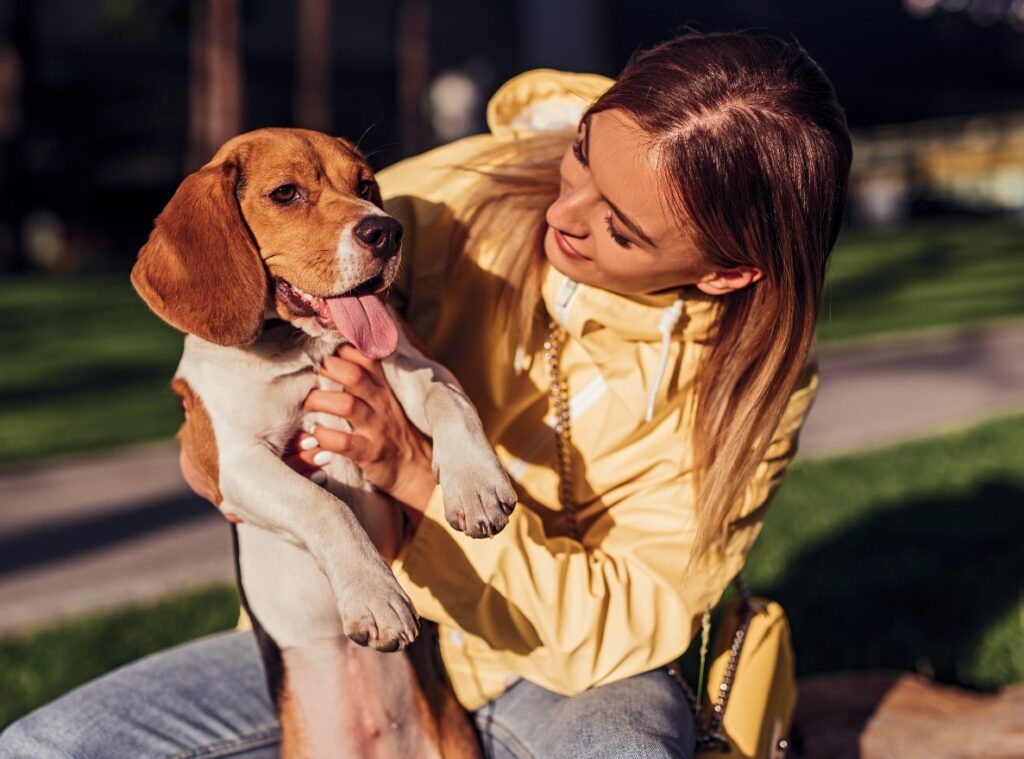Dogs are more than simply creatures. In fact, many dog owners will tell you that their dogs are members of their family.
Unfortunately, unlike humans, dogs have a very short lifetime. A dog’s life expectancy ranges from 10 to 13 years, based on breed. They just cannot stay with us for that long, which is why losing a dog is as difficult as, if not more difficult than, losing a loved one.
While true dog lovers lament the loss of their beloved pet, others may tell them, “it’s just a dog” or “you need to move on.”
Some individuals don’t understand that losing a dog is never simple.
It’s easier said than done to move on after losing a cherished pet. Although you can get another dog after that, starting again will be difficult.
In truth, scientific evidence shows that the sorrow a person experiences after losing a dog is genuine. It might be much more difficult to move on after losing a pet than after losing a human loved one. It may seem ludicrous to some, but it is one of the numerous findings of the investigation.
We usually form bonds with our animal companions in the same manner that we do with people, such as family and friends.
Hormones and substances are produced in our brain throughout this process. It’s also easy to feel emotionally linked to an animal or a person when we spend time with them.
They get so close to our hearts that when the time comes for them to cross the rainbow bridge, the anguish is unbearable. The final issue is why it is more difficult to cope with the death of a pet than the death of a person.
It’s due to the fact that there is no “acceptable” manner to grieve such a loss. There are several strategies to cope with the death of a loved one.
We have other family members, relatives, and acquaintances that can assist us in getting through this difficult time.
This is especially true when they have already experienced the same experience and can use it to assist us going forward.
Other methods, such as counseling or therapy, may also be beneficial. Using such methods to get through tough times is OK, and you will never be condemned for it.
Unfortunately, we cannot do the same when a pet dies.
When your pet dog dies, you are supposed to just “let go” and “forget.”
Some folks have no idea how it feels to lose a pet. They are unaware of the wonderful experiences you’ve had with them, which is why they are so quick to say such things.
Someone who has lost a pet cannot put things off, postpone excursions, cancel meetings, or miss work. You can’t do any of these things because you lost a furry loved one; it’s a weak excuse, according to some.
It’s difficult to go on after this sort of loss since there aren’t many options available to assist you. The toughest part is when you attempt to conceal your anguish from everyone. It is a perilous path, yet it is all you have. Within, there is unbearable harm.
According to psychologist Julie Axelrod, when we lose a loved one, we lose a source of comfort and unconditional affection.
Everything you used to do with them will be gone, which is inconceivable!
Walking them outdoors, feeding them, snuggling with them, and even reading them a book are all things you used to do with them.
When your pet dies, so do your daily routines, and you can’t ignore the abrupt shift in your life.
Do you recall those movie sequences when individuals start seeing things that remind them of someone who has passed away?
That occurs in real life as well.
Those tiny things at home that will make you recall them practically every day are unavoidable.
Regardless, remember that your sentiments are real and that it is quite normal to be upset when you lose a cherished pet.
To learn more about how losing a beloved dog may be just as devastating as losing a loved one, watch the video below.






